Trading forex is a serious business, and we should always treat it as such. Interesting similarities of successful trading are analogous to successful businesses. It is not merely about profit and losses as there are other philosophies applicable in both spheres.
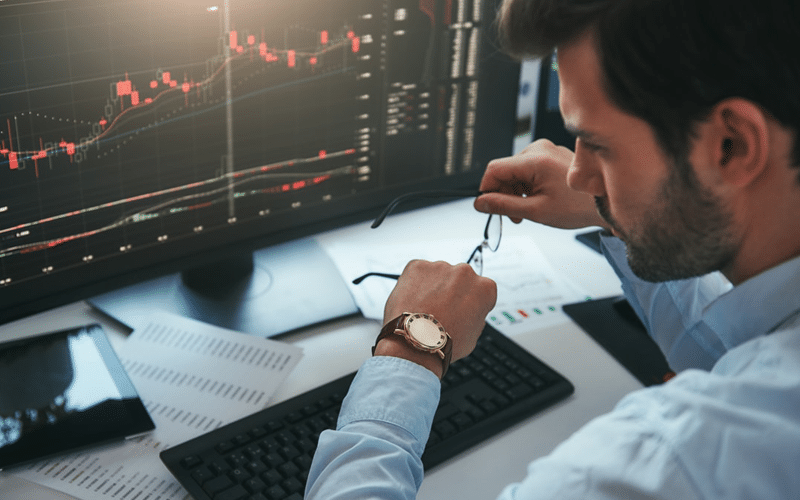
Traders are skilled risk managers like entrepreneurs and business people
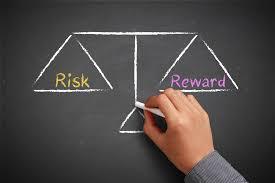
By nature, trading is inherently risky. Business is the same. The most successful business people and entrepreneurs are the ones that understand this premise. Successful traders are merely just people exceptional at managing risk where others are either fearful or ill-informed. In any business, you have to know how to mitigate risks.
There is a distinction between blindly taking a risk and taking a risk with proper foresight. The successful entrepreneurs and business people that have taken the biggest risks did so with brilliant foresight. They had the fortitude not to focus on any adverse events in that journey to their rewards. In business and trading, you are discerning risk and reward opportunities.
It’s unlikely to be consistently profitable, on average, within at least the first three years as with most start-ups.
The amount of study to being truly and consistently profitable is similar to studying a university degree, which is typically at least three to four years. There are some rare exceptions, though this isn’t the norm.
Trading is nothing like gambling, and even with professional gamblers, the aim is not to ‘bet the farm’ in the hope of the ‘jackpot.’ Traders should aim for consistency and sustainability, as do all successful companies. To reach those competencies requires years of study and financial resources.
It appears that the average ‘line in the sand’ as to whether a business will stay afloat is three to four years. Before a company is profitable, they have to invest substantial sums of money. From a similar financial standpoint, aside from education, it is not uncommon for successful traders to blow several accounts in their careers. While the latter is avoidable, this is a common trait amongst the elite traders. Some consider these events as ‘school fees’ for gaining mastery and experience. These are the main reasons why it can take much longer than expected to profit consistently.
Profitable businesses don’t focus on money from the start. Money becomes a by-product after excelling in their business.
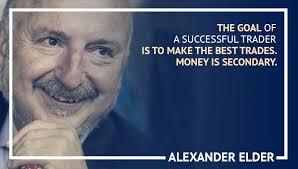
What motivates you?
Unfortunately, due to the advent of seminars, online marketing, and social media, forex trading is hardly introduced honestly. The most successful traders were never motivated by money from the start, in the same breadth that large tech companies like Facebook, Google, Apple, and Amazon weren’t either.
Money became a by-product of them perfecting their respective niches by providing incredible value in the marketplace. As a trader, the money will become a by-product only after you’ve mastered all the necessary components. Sadly, the lure of riches plagues the vast majority of losing traders who have not truly perfected their trading skills.
While profits are one of the primary measures of any business, the process of profits only exists when a company has proven its value time and time again. In forex, you can only start to measure gains when you’re skilled enough over time. Getting to that stage is a long journey of trial and error.
Just like business ideas and models, you are likely to fail at various strategies before finding one that works best for you.
There are plenty of business models and ideas that anybody can copy, just like there is an almost endless number of strategies. So, while one business idea and model may work to a certain degree of success with one company, the exact opposite could happen to another, and that’s how strategies are. This premise does not promote strategy-hopping. However, beginners shouldn’t feel discouraged in exploring forex by testing numerous trading strategies to develop screen time, back-testing capabilities, and experience. In doing so, one will see what works and what they’re more comfortable with doing.
After a considerable period, businesses begin switching to other fields after mastering their core product or service. If you look at Apple as an example, their rise to fame was their operating system and computers back in the day, of which they are still massive players. Though nowadays, they’re dominating industries like music streaming and smartphones. Similarly, once we’ve mastered our trading strategy in forex, then we may look into other financial markets.
Businesses usually measure their performance over the long term
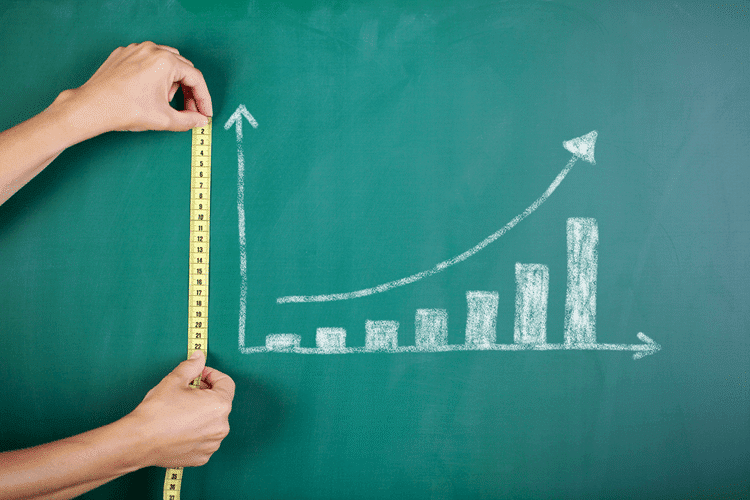
Businesses are meant to report their earnings, preferably over a financial year, or at least quarterly. One of the reasons is because the returns that a company produces fluctuate on a daily, weekly, and monthly, making it difficult to predict in these time horizons. While there are many predictive models and patterns of how much they could make over a particular spell, the true measure of their success is determined by at least their quarterly earnings. However, in many cases, it is bi-annually and annually.
In a very similar sense, trading is seasonal but less predictable. It is near impossible to forecast how much you can make monthly, let alone in a week. Hence, professional traders tend to have a much longer-term approach, as profitable businesses should.
It’s easy to understand that, for example, businesses in the hospitality and retail industries perform outstandingly well during holidays and in December since customers typically spend more during this period. Every company wants to perform at its maximum peak every day; but, every day will be different. Analysts will eventually base their earnings on how they did over bigger time scales, such as annually and bi-annually.
When we’re trading, each day will be different too. We want to take the best trades as often as possible, but we have to accept that not every day should be a trading day. We hope for a few days in a month with good enough positions that will more than cover our losses and produce as much profit as possible. Therefore, professional traders should measure their performance using a monthly, quarterly, or even yearly outlook.
Conclusion
Here are the main take-aways of treating your forex trading career as a business:
- You have to know how to take and manage risks.
- It can take a few years before reaching the point of profitability.
- The money will follow as a by-product only after you’re experienced and skilled enough.
- Exploring different strategies initially before finding the best one is perfectly normal.
- It’s best to measure performance over the long term (monthly, quarterly, or yearly) rather than the short term.


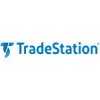





Leave a Reply